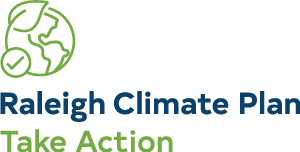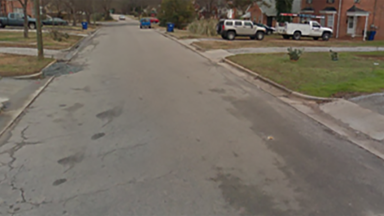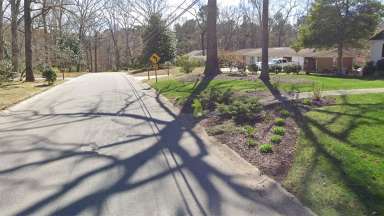Jump To:
Road Widening or New Streets
Decisions on widening existing roadways and constructing new streets are made through the City's Transportation plan which establishes the City's transportation priorities. Staff looks at every zoning case, subdivision and site plan to make sure that new land development is consistent with the City's transportation needs and coordinates plans for future corridors with other agencies to make sure that the plan elements remain consistent with current regulations and practices for facility planning. Additionally, The Office of Transportation Planning works with the Raleigh City Council and the Capital Area Metropolitan Planning Organization (CAMPO) to prepare requests to the North Carolina Department of Transportation (NCDOT) for their biennial Transportation Improvement Program.
To discuss road widening or the construction of new streets, contact Paul Kallam.
Paving and Resurfacing
Streets with curbs and gutters that have been accepted by the City of Raleigh are eligible for continuous maintenance, including resurfacing. Eligible streets in the most need of repair are scheduled for resurfacing as part of the City's Annual Street Resurfacing Program. For more information, email Street Resurfacing.
Unpaved streets and streets without curbs and gutters are usually not eligible for the City's annual paving program. Potholes on these streets are filled as needed. However, resurfacing and other street improvements along these streets require action by the City Council and are usually initiated via the Petition Process. For more information, contact petition staff.
Streetlight Requests
The City's Streetlight Program coordinates the planning and installation of all new streetlights on public streets within the city limits with each energy provider.
Traffic Calming
The management of traffic volumes and speeds on residential streets can be a challenge. While all public streets available are for use by the public, it is every driver's responsibility to drive at safe speeds on the streets where we live. But when the drivers don't behave, residents can seek assistance from the Neighborhood Traffic Management Program.





